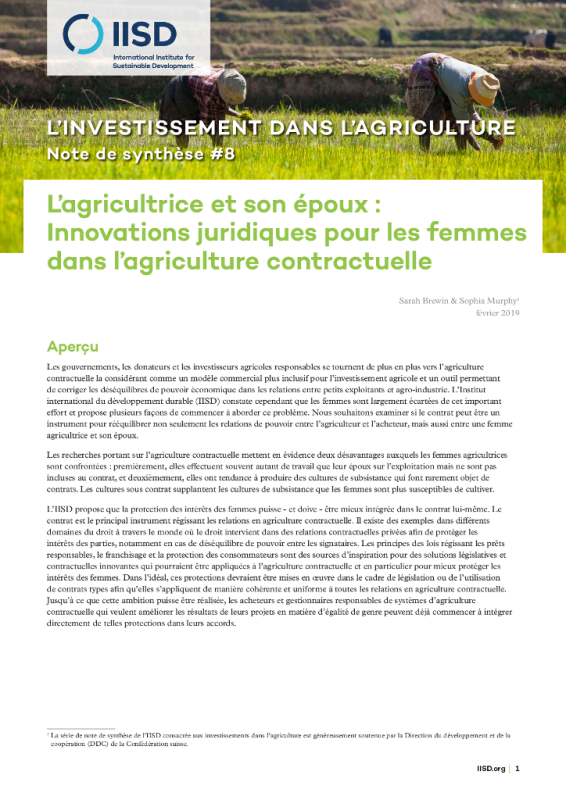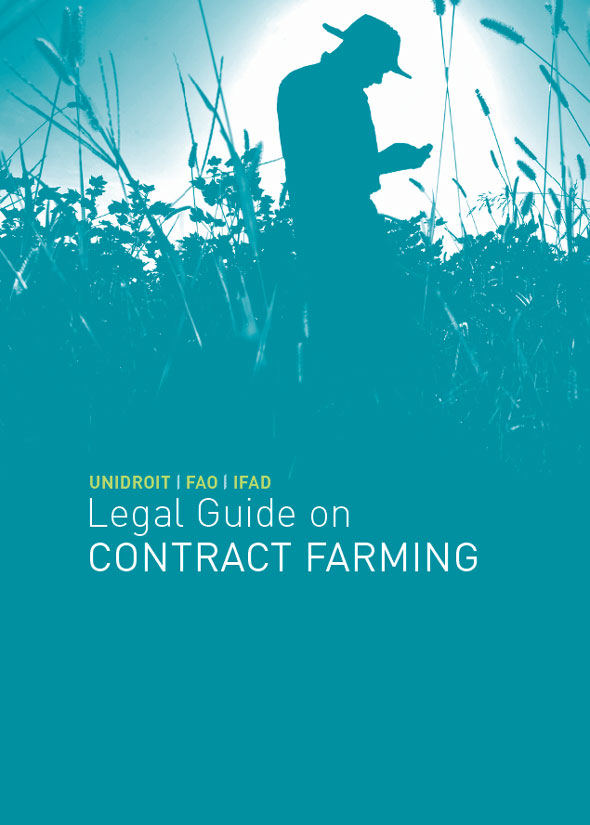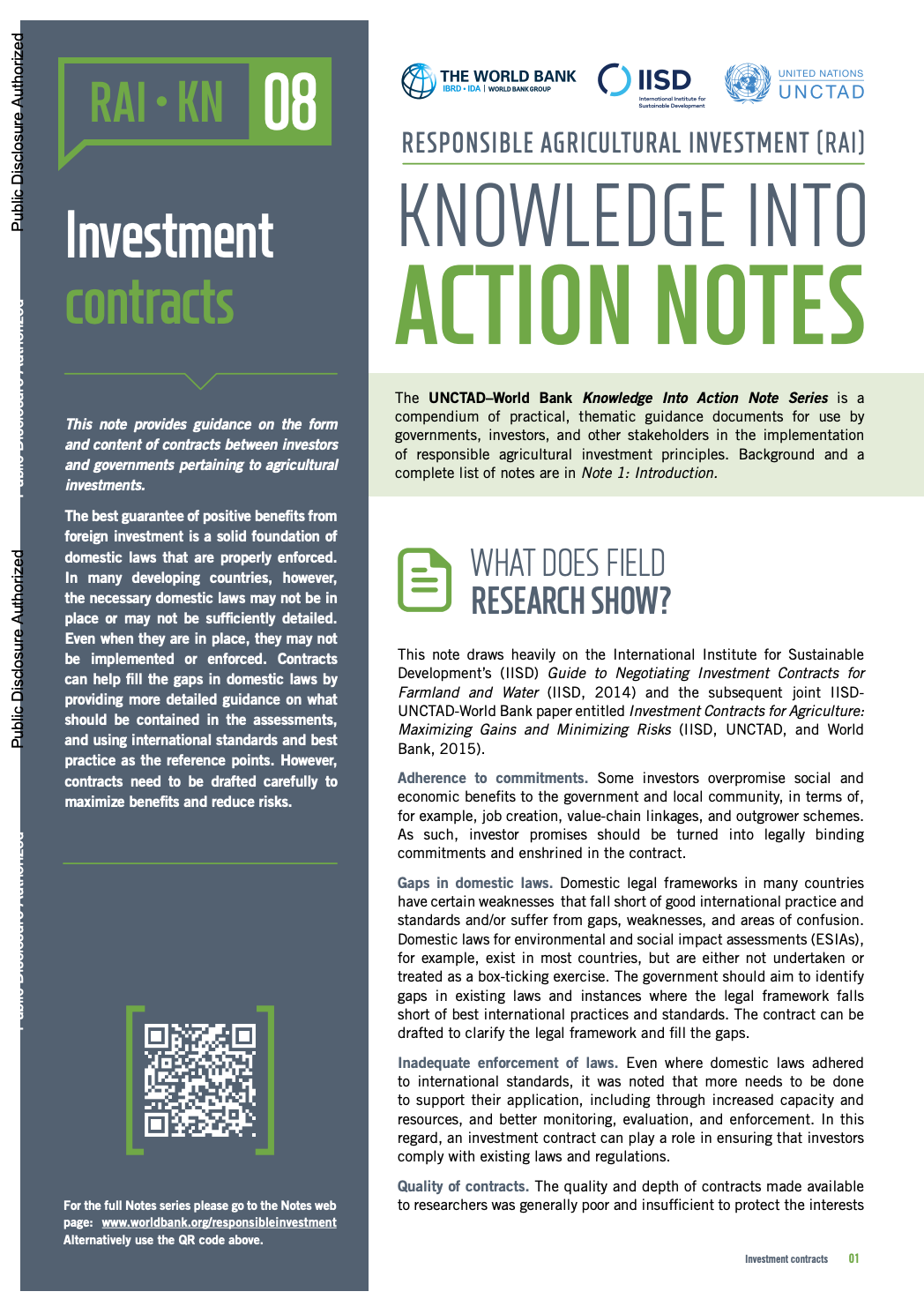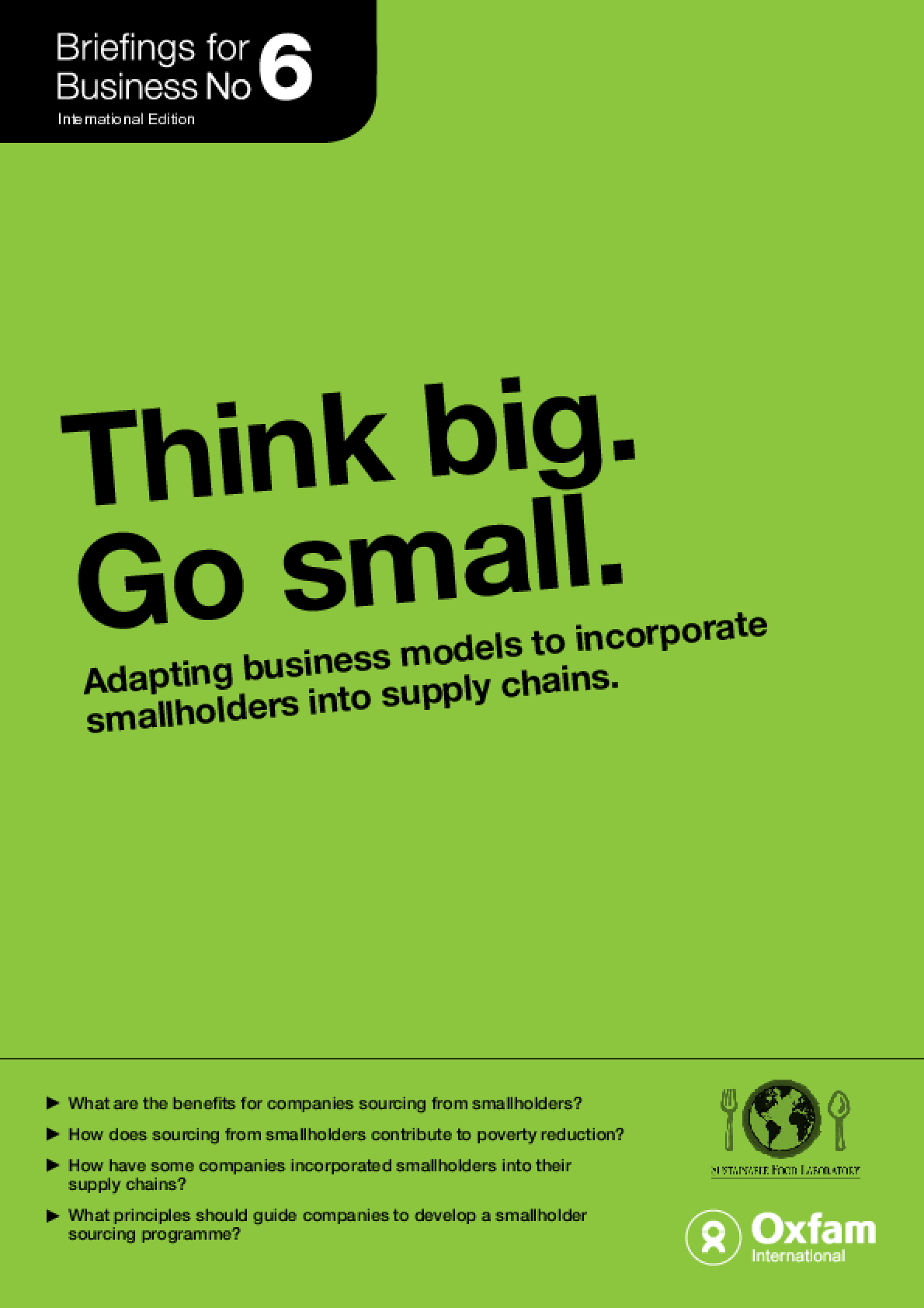Research on Land Markets in South Asia: What Have We Learned?
What have we learned about land markets in South Asia about land reform, land fragmentation, sharecropping, security of tenure, farm size, land rights, transaction costs, bargaining power, policy distortions, and market imperfections (including those associated with gender)?Faruqee and Carey review the literature on land markets in South Asia to clarify what's known and to highlight unresolved issues. They report that: We have a good understanding of why sharecropping persists and why it can be superior to other standard agricultural contracts.







